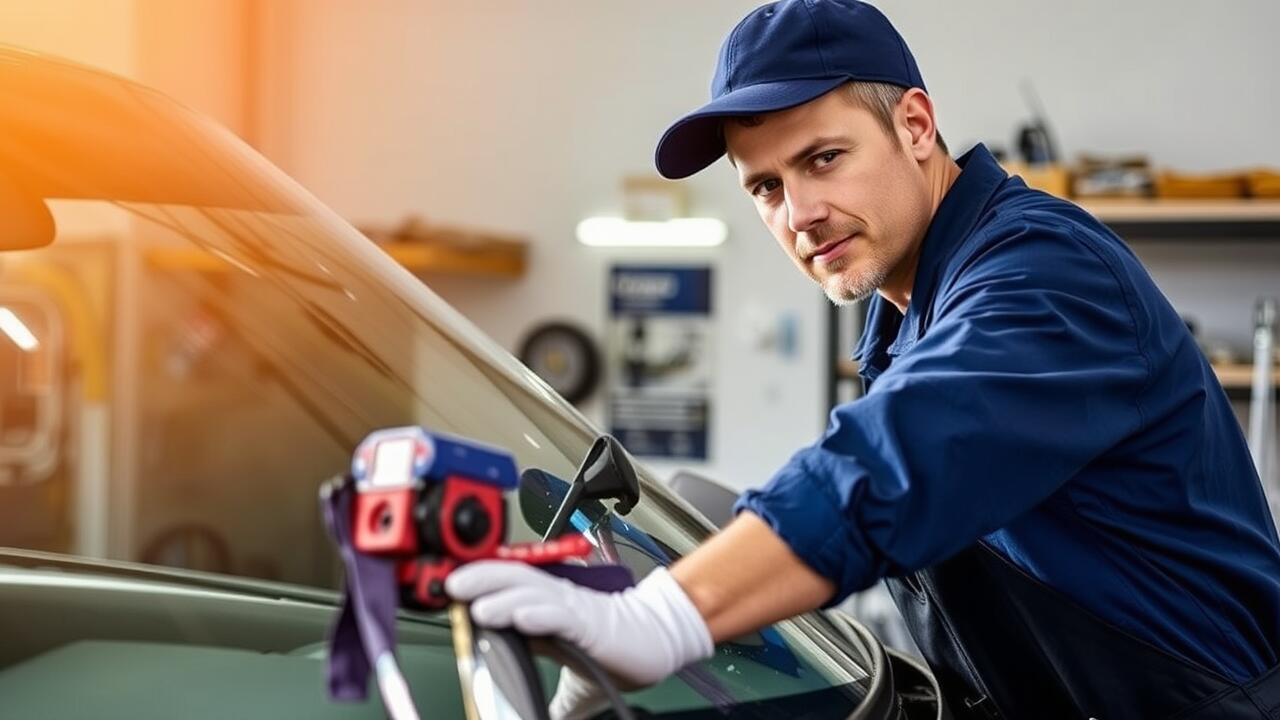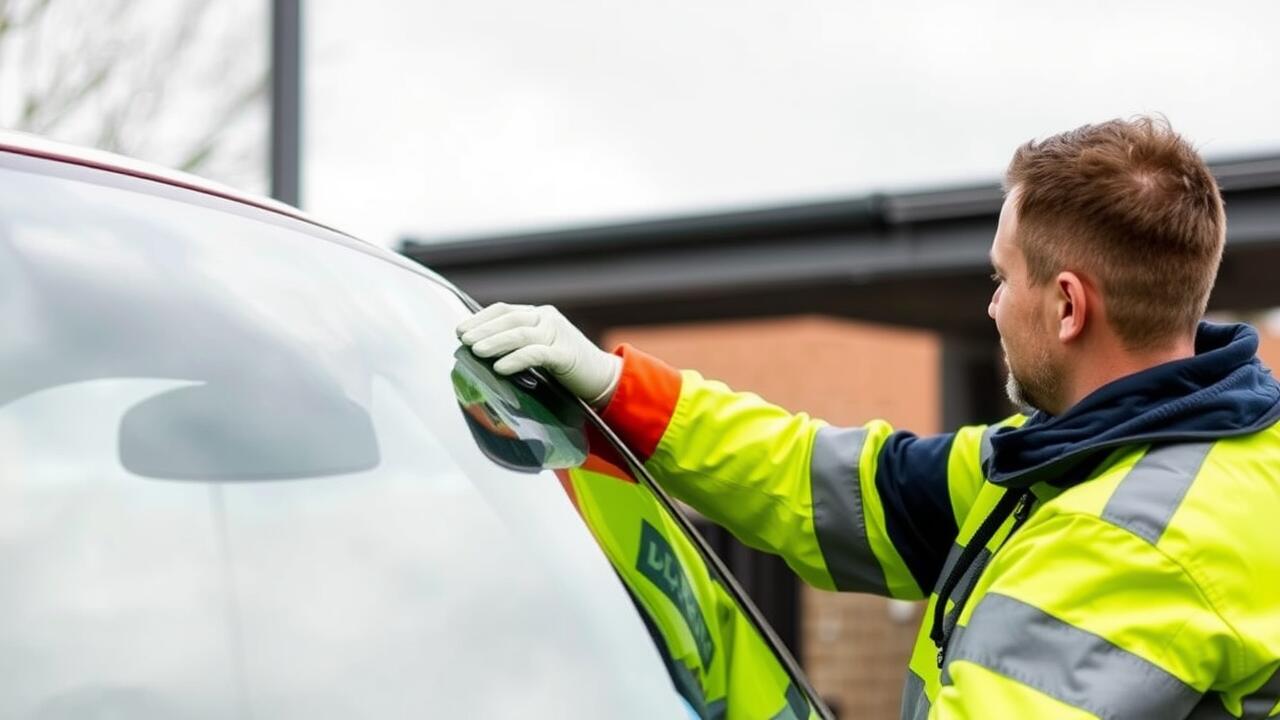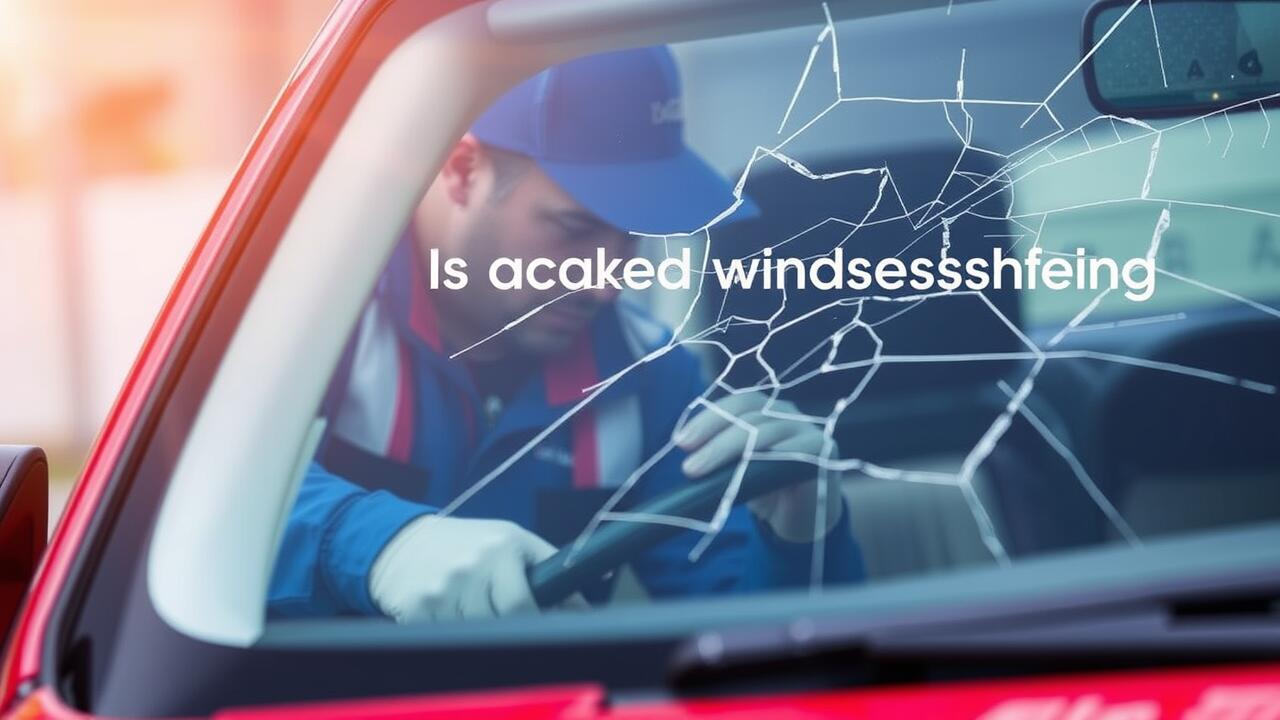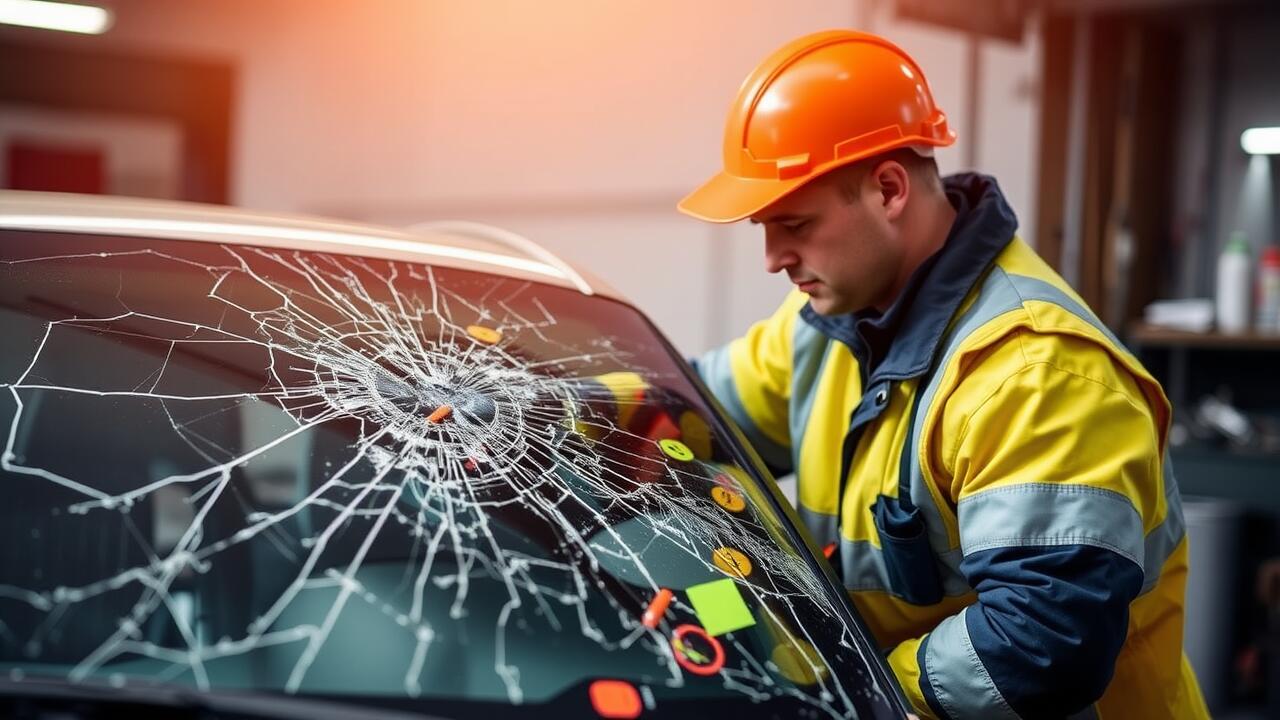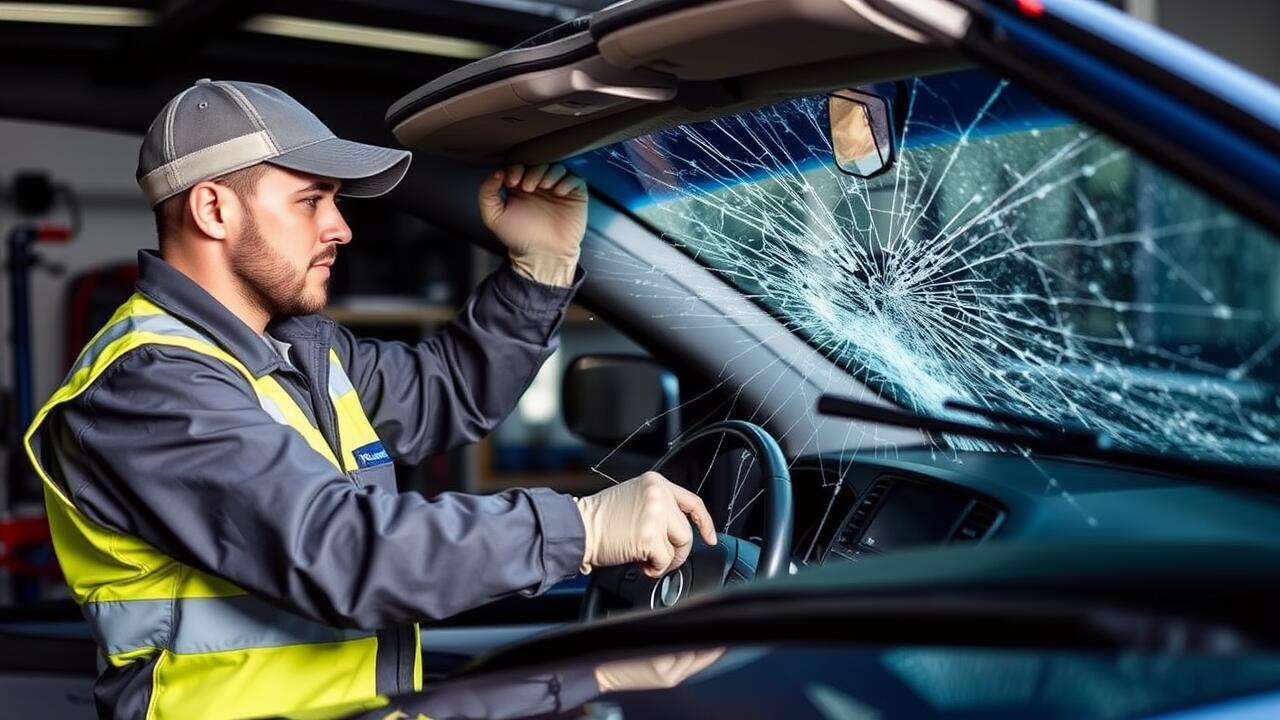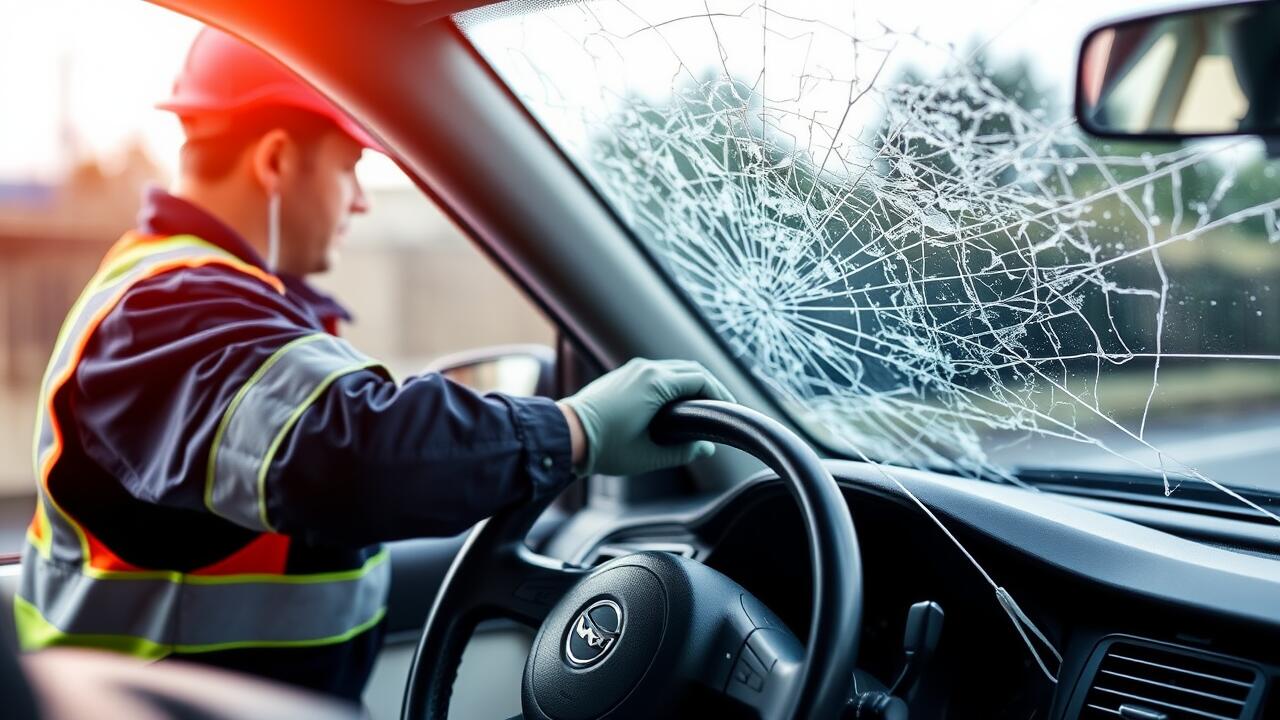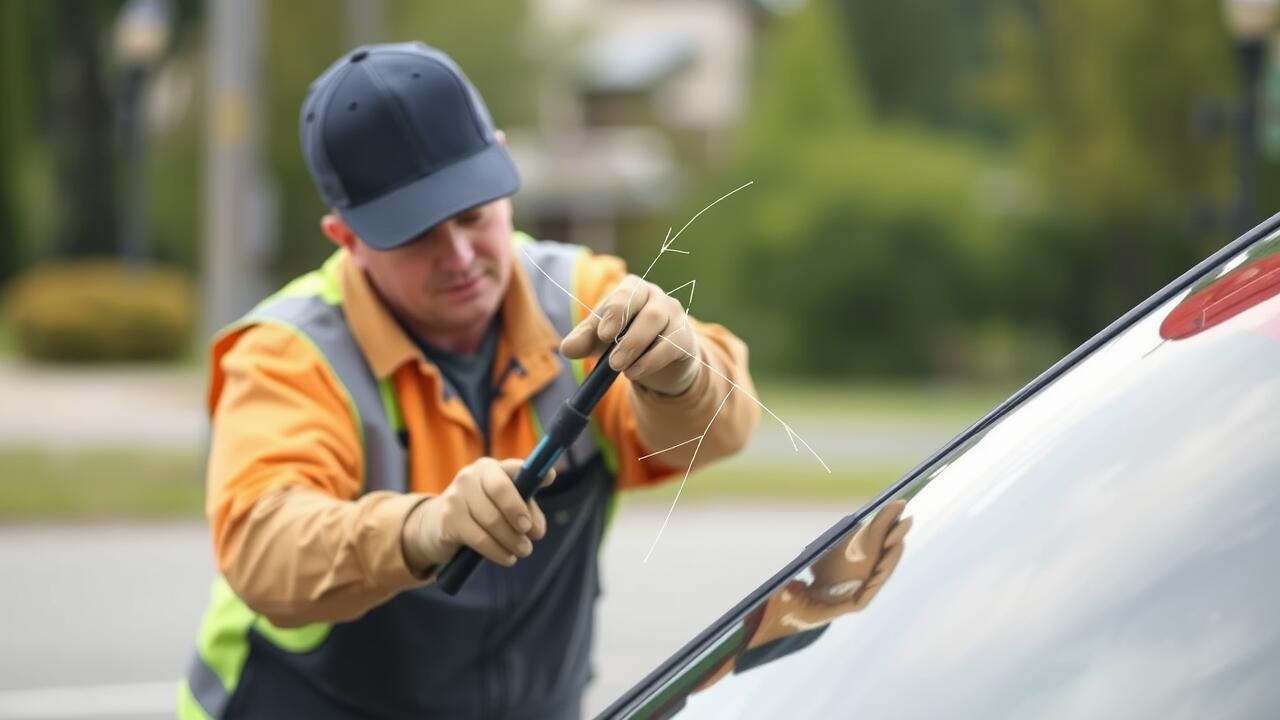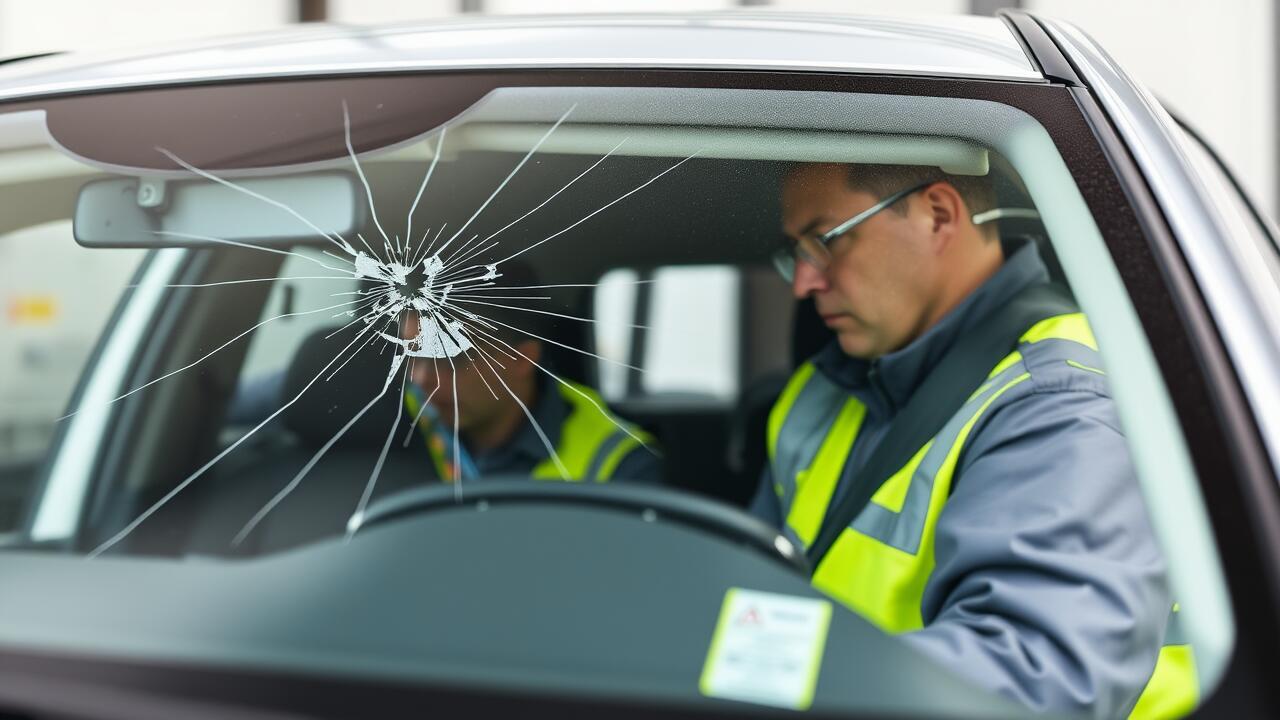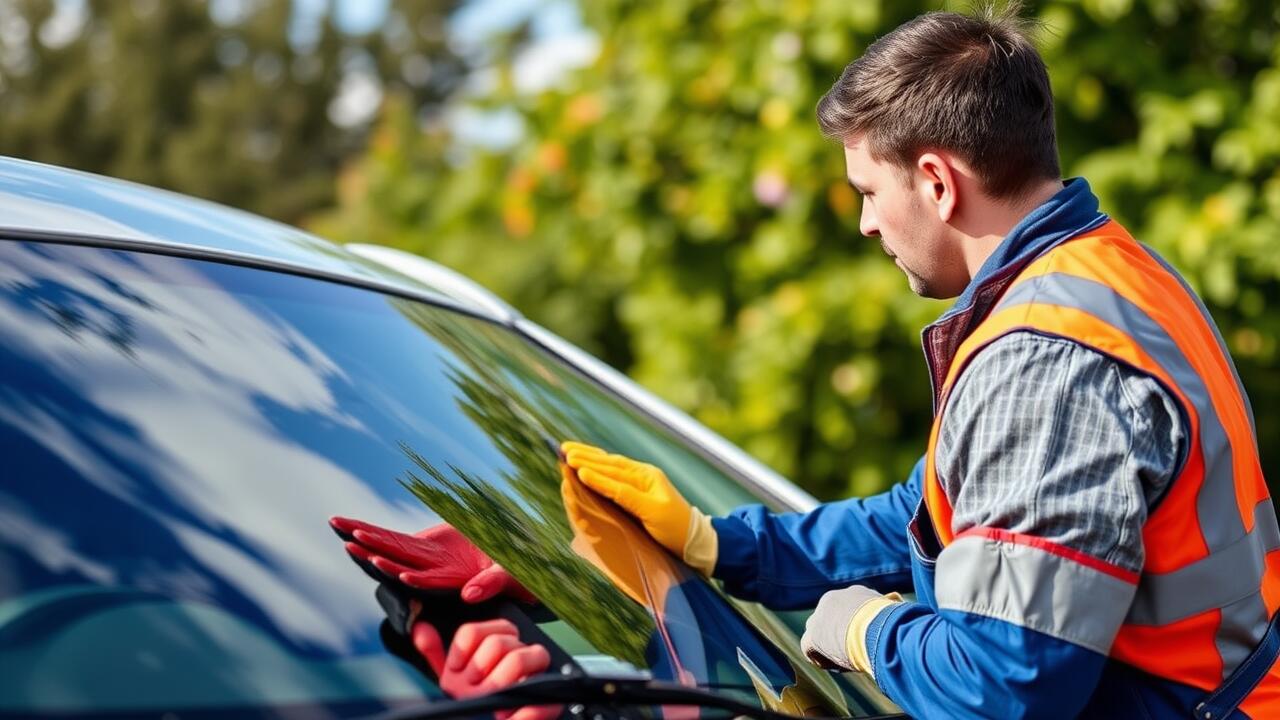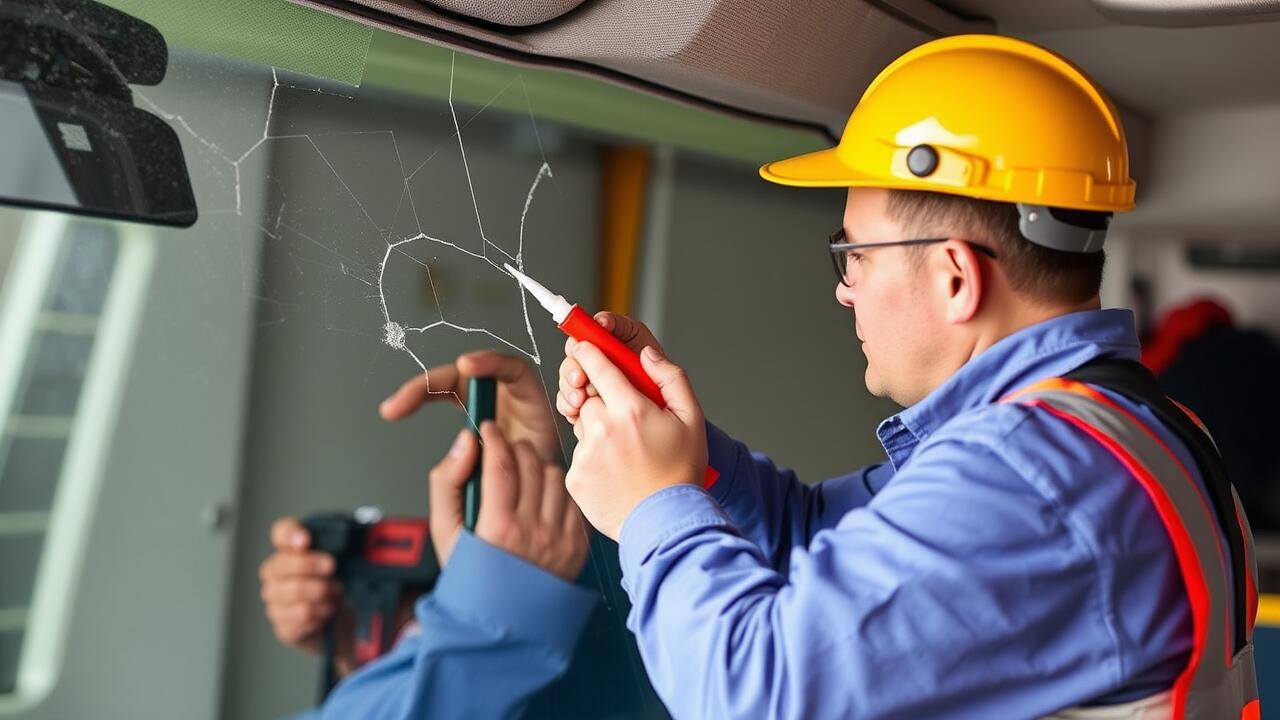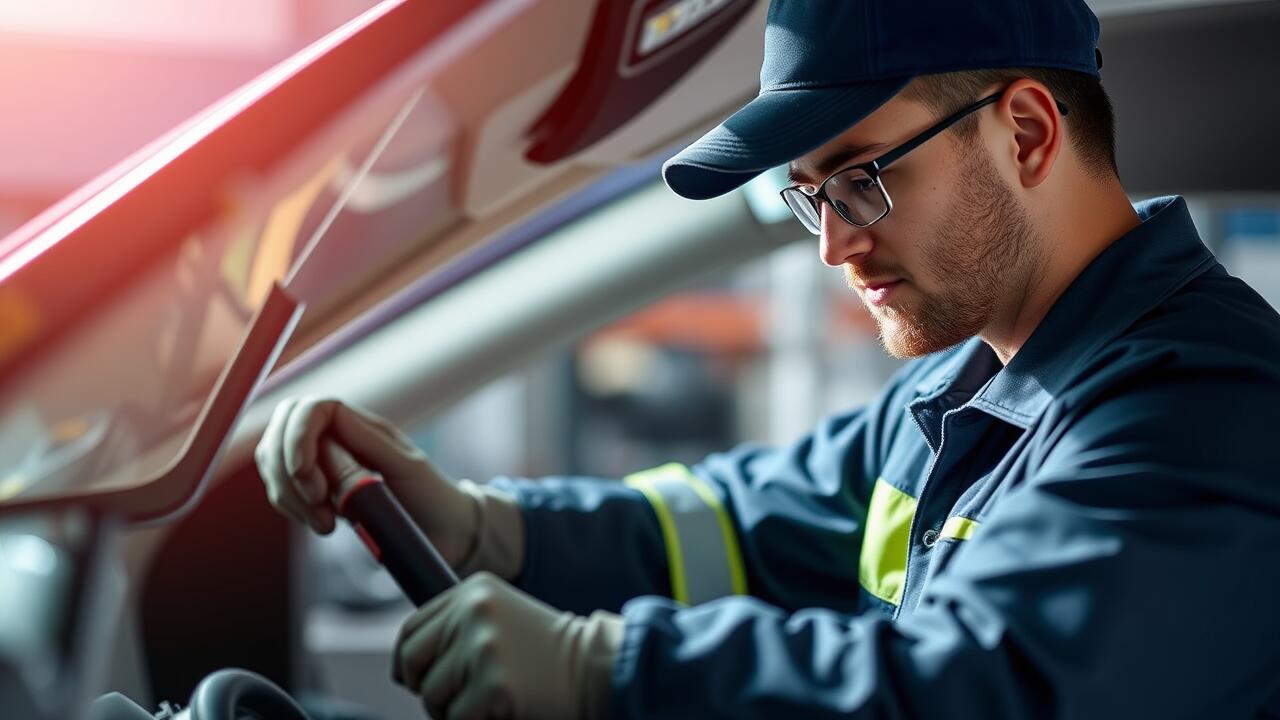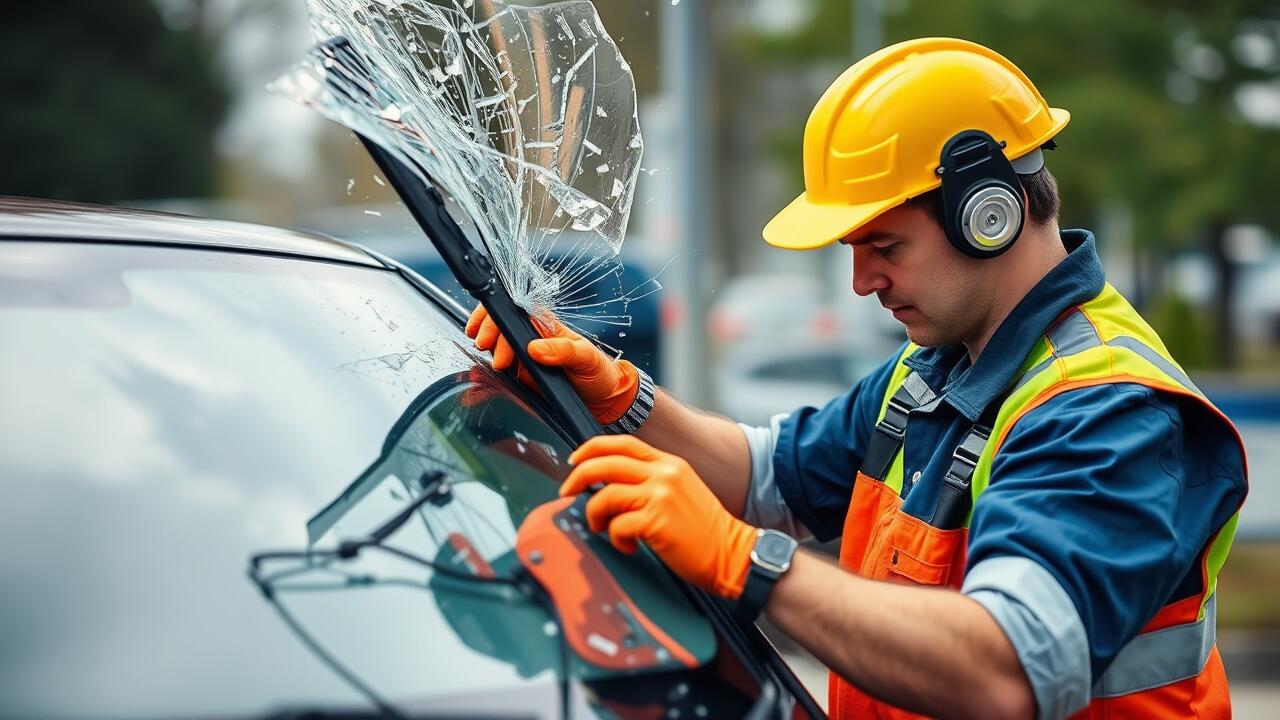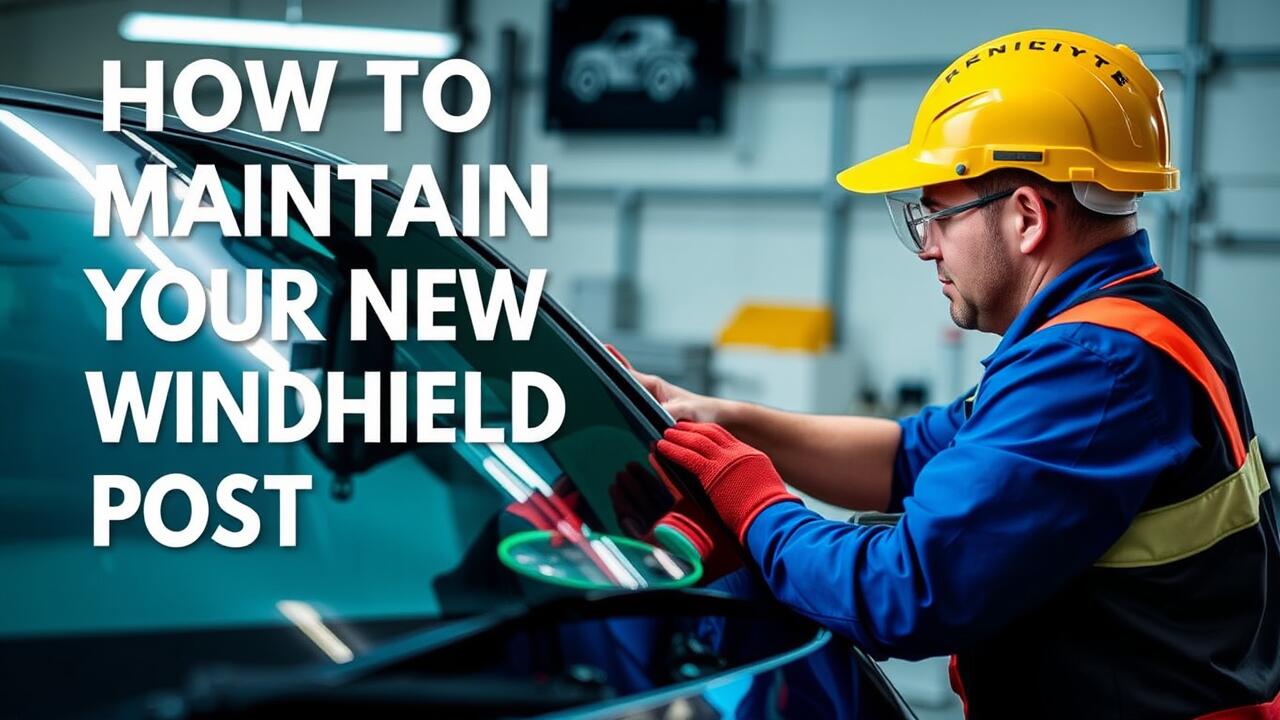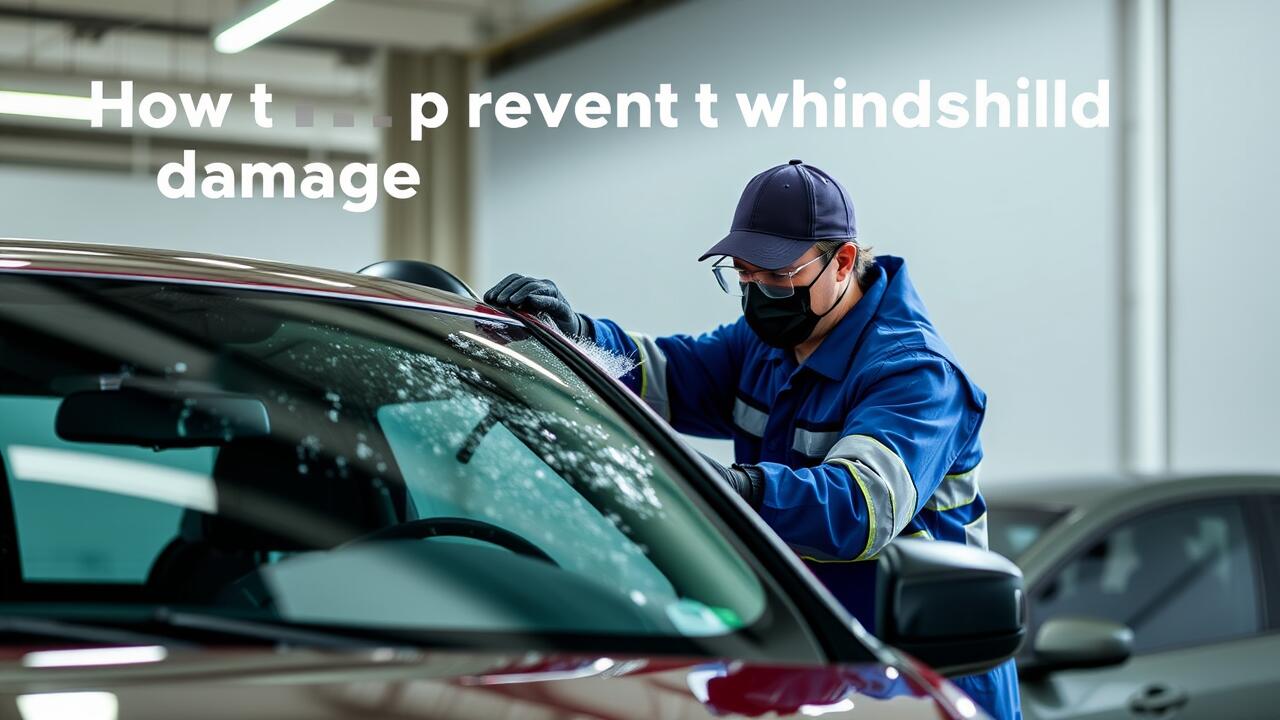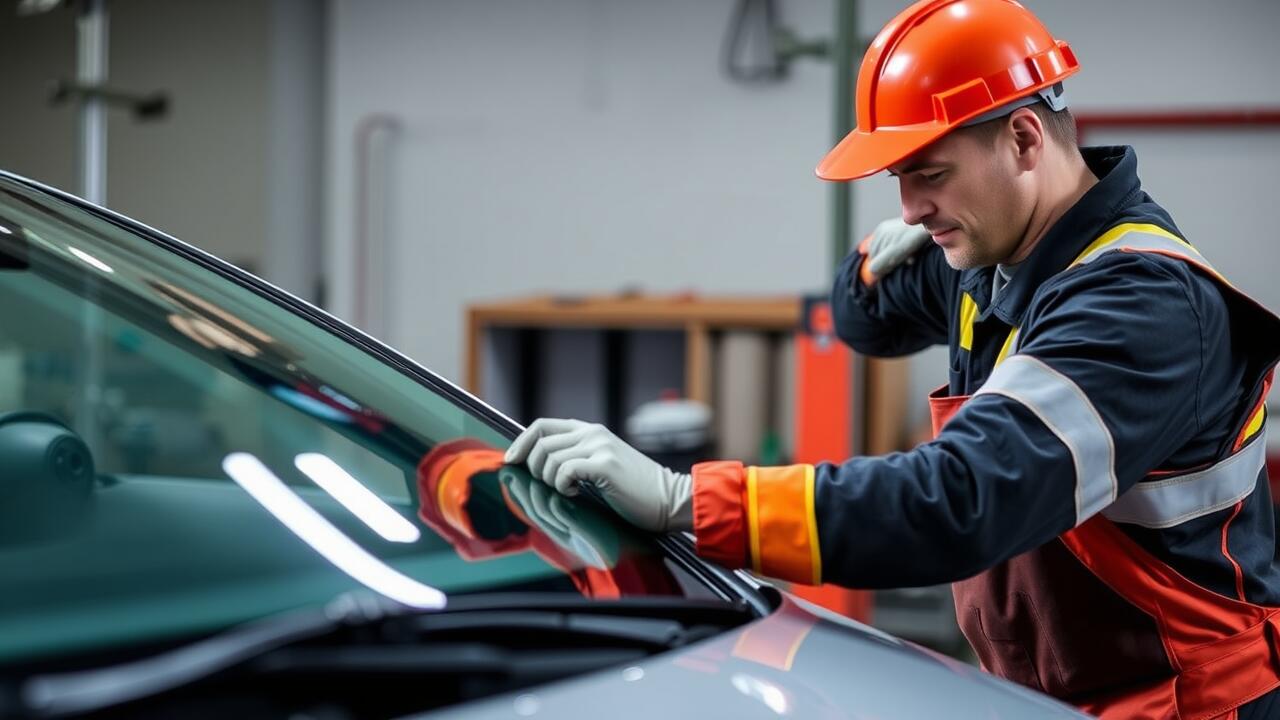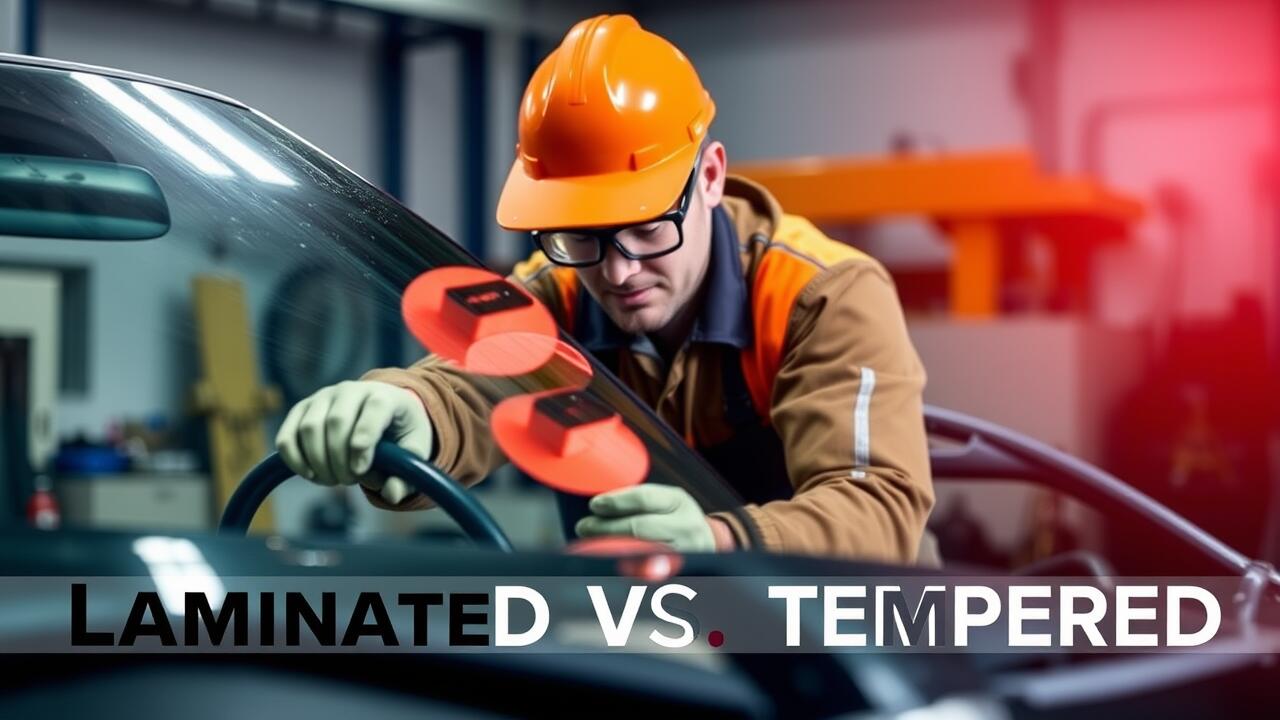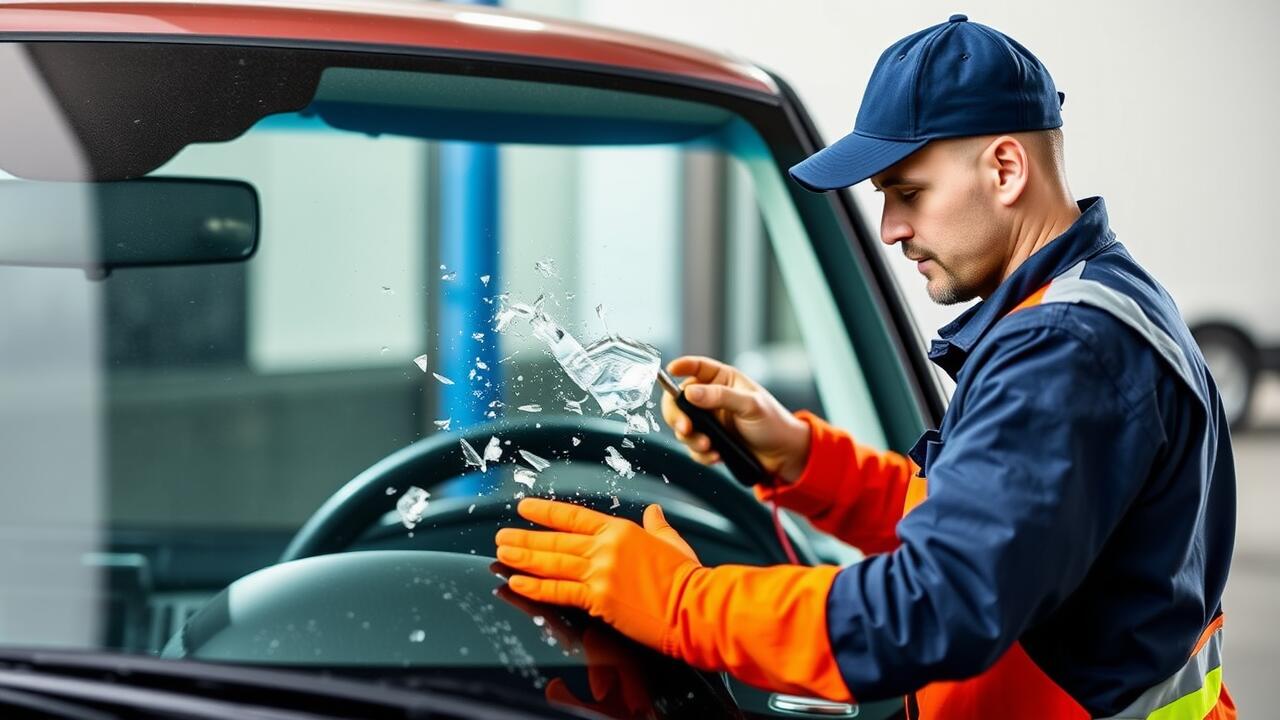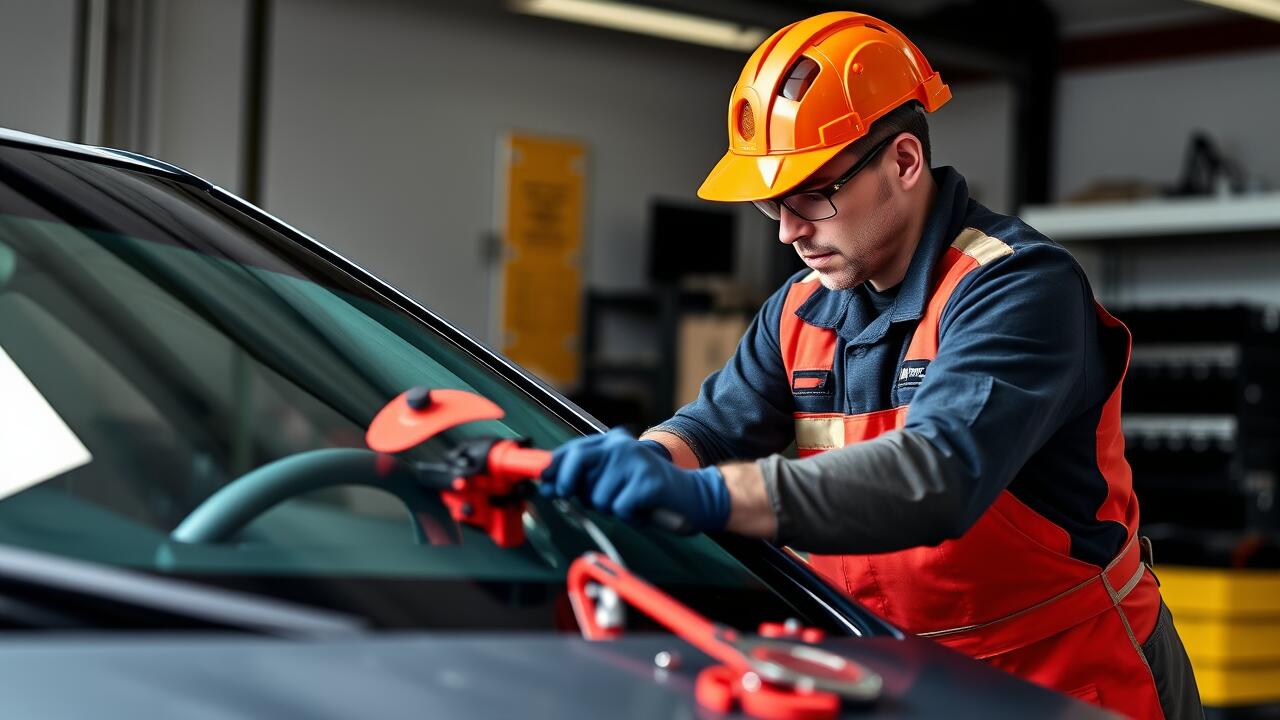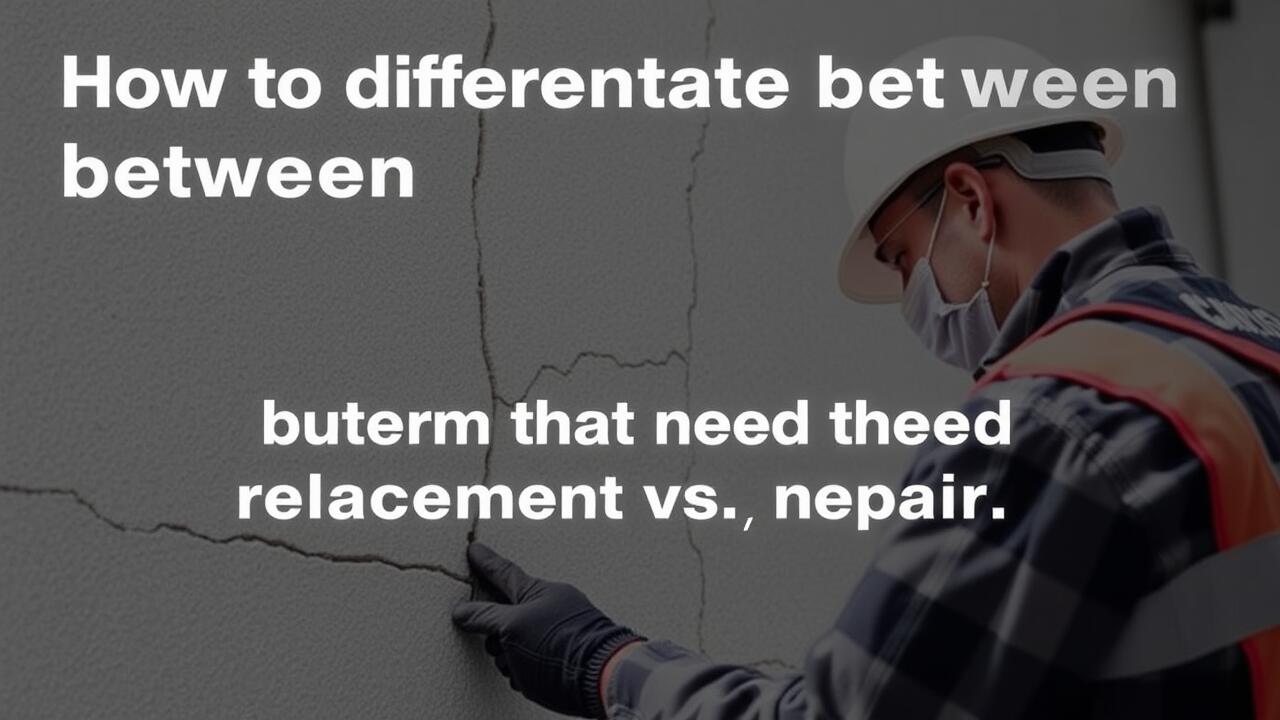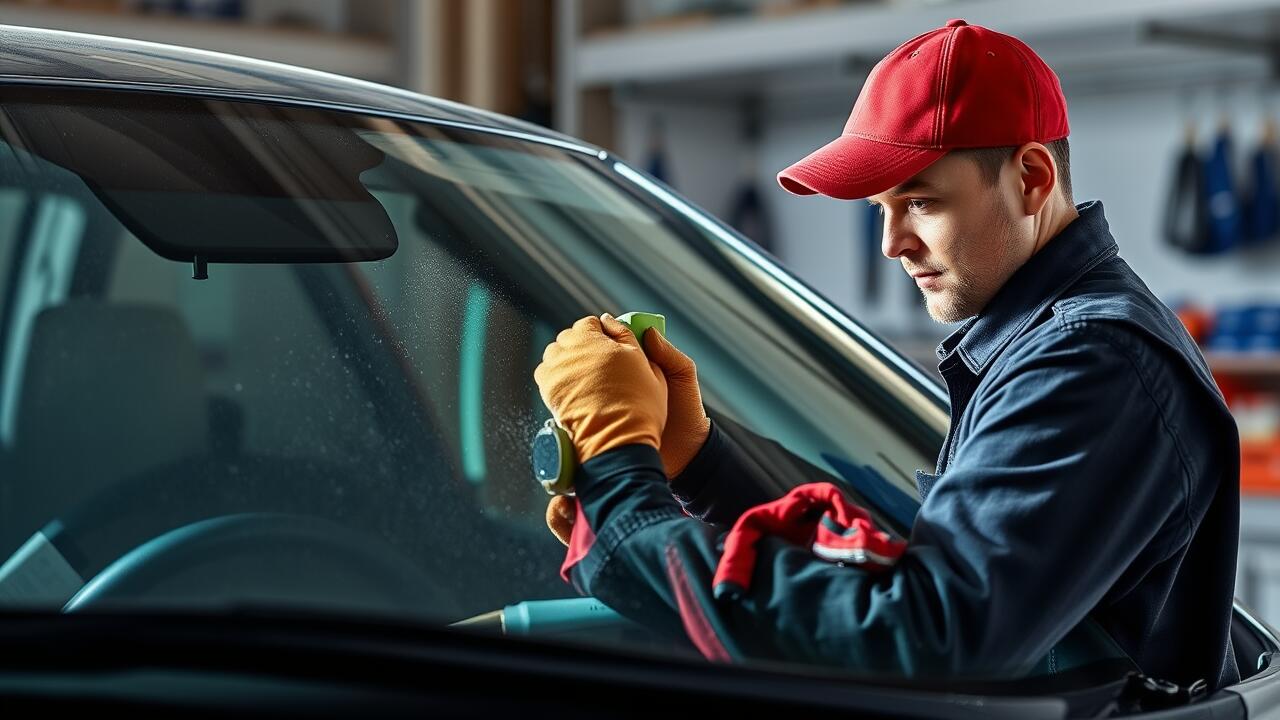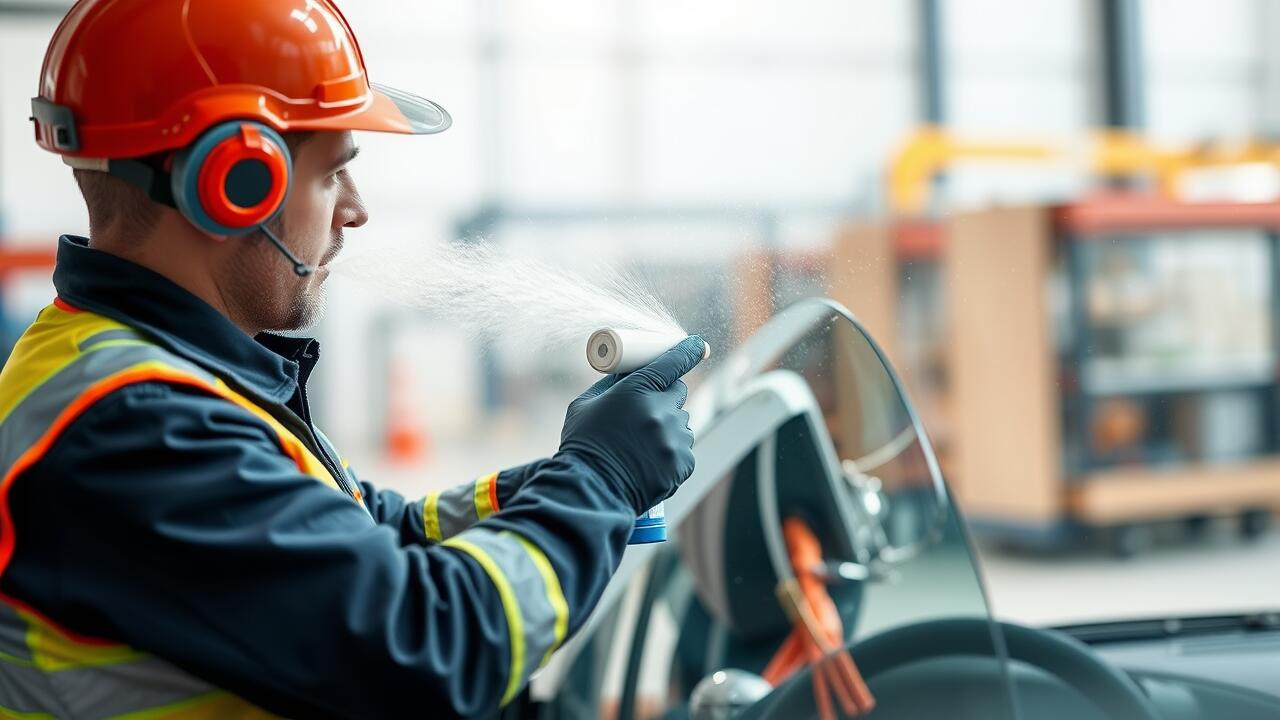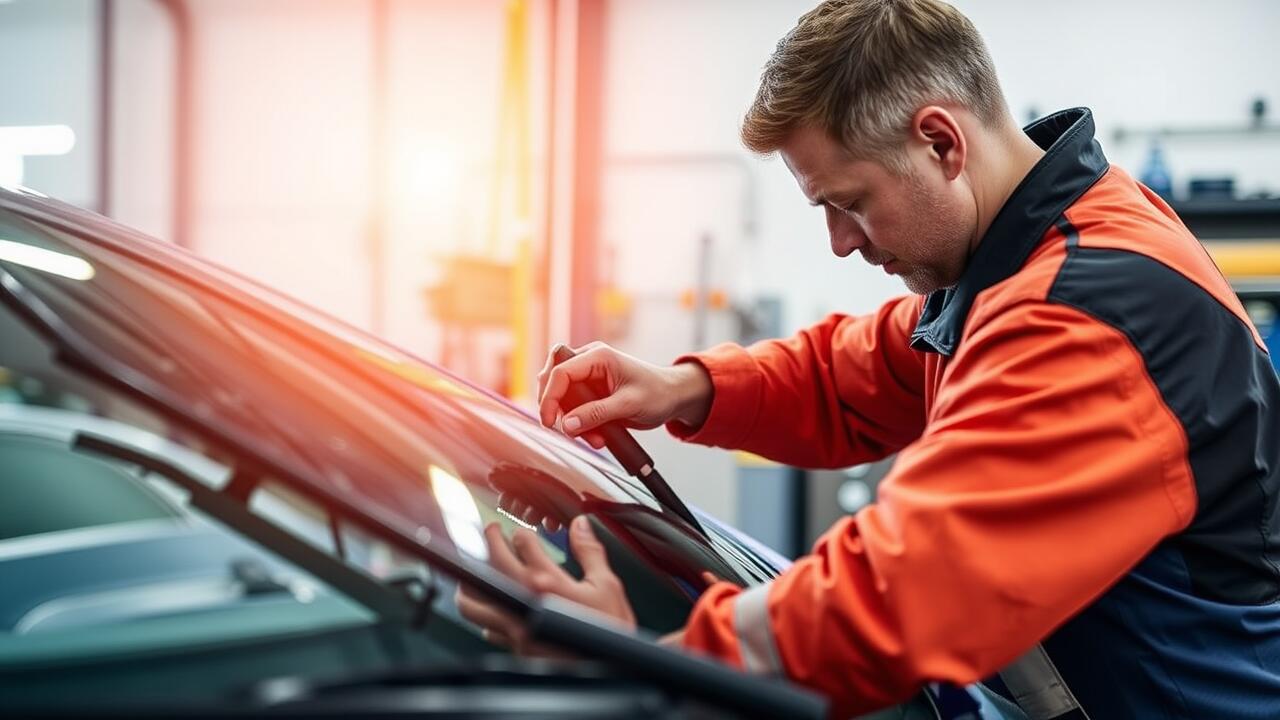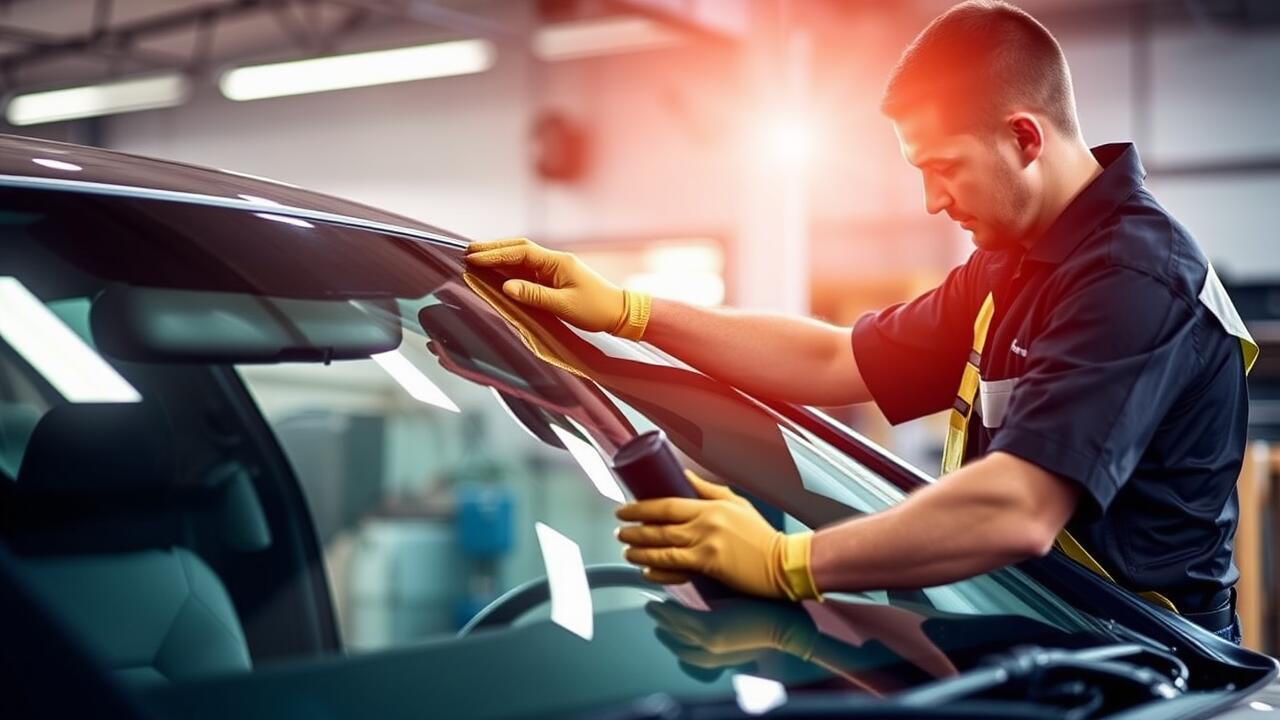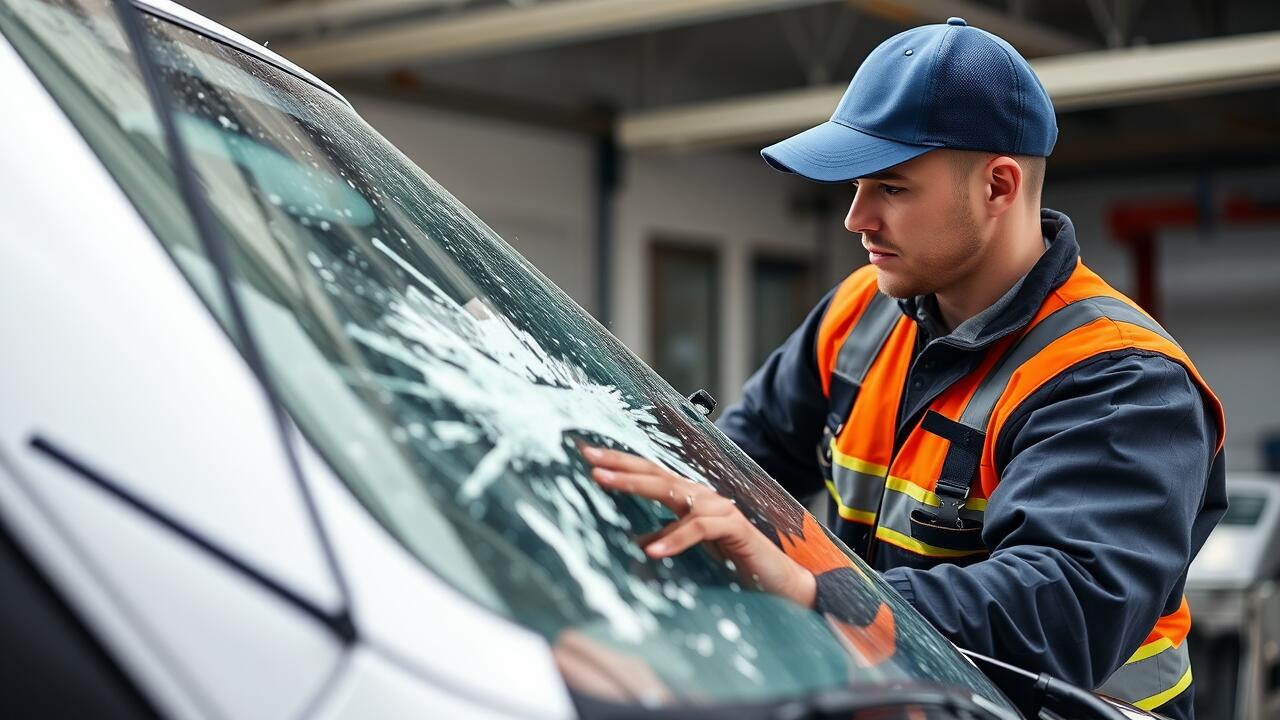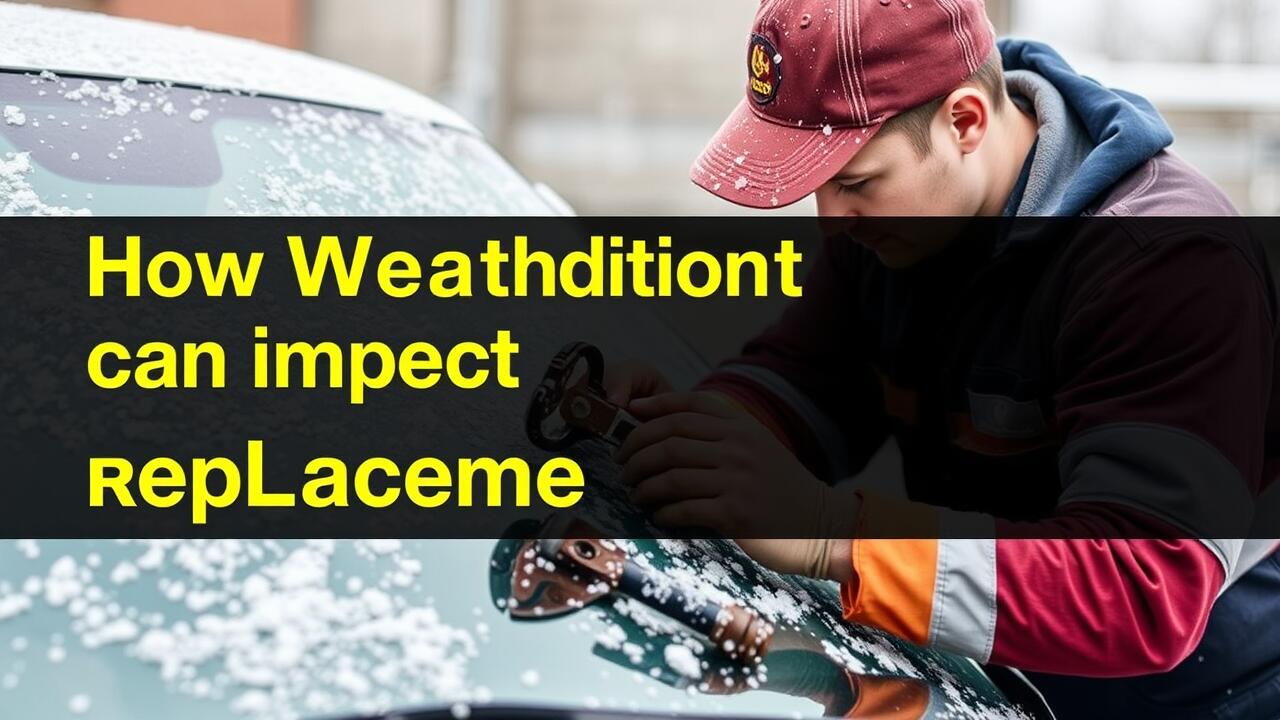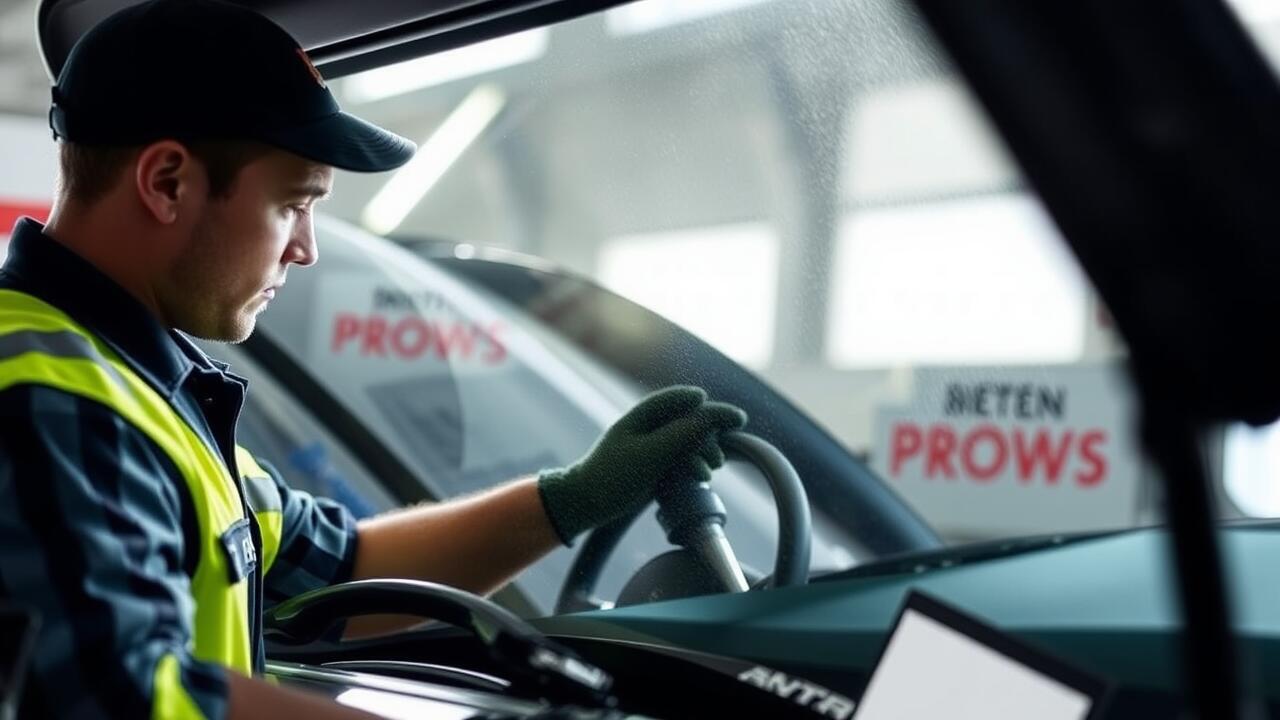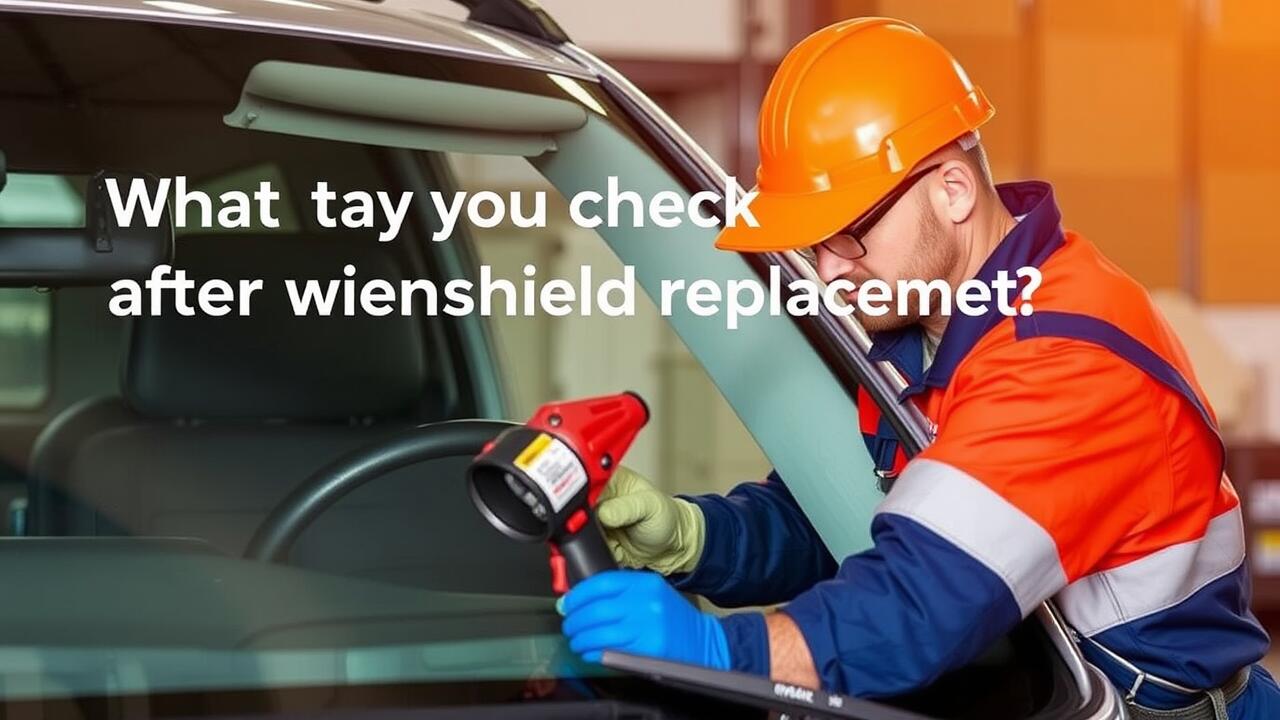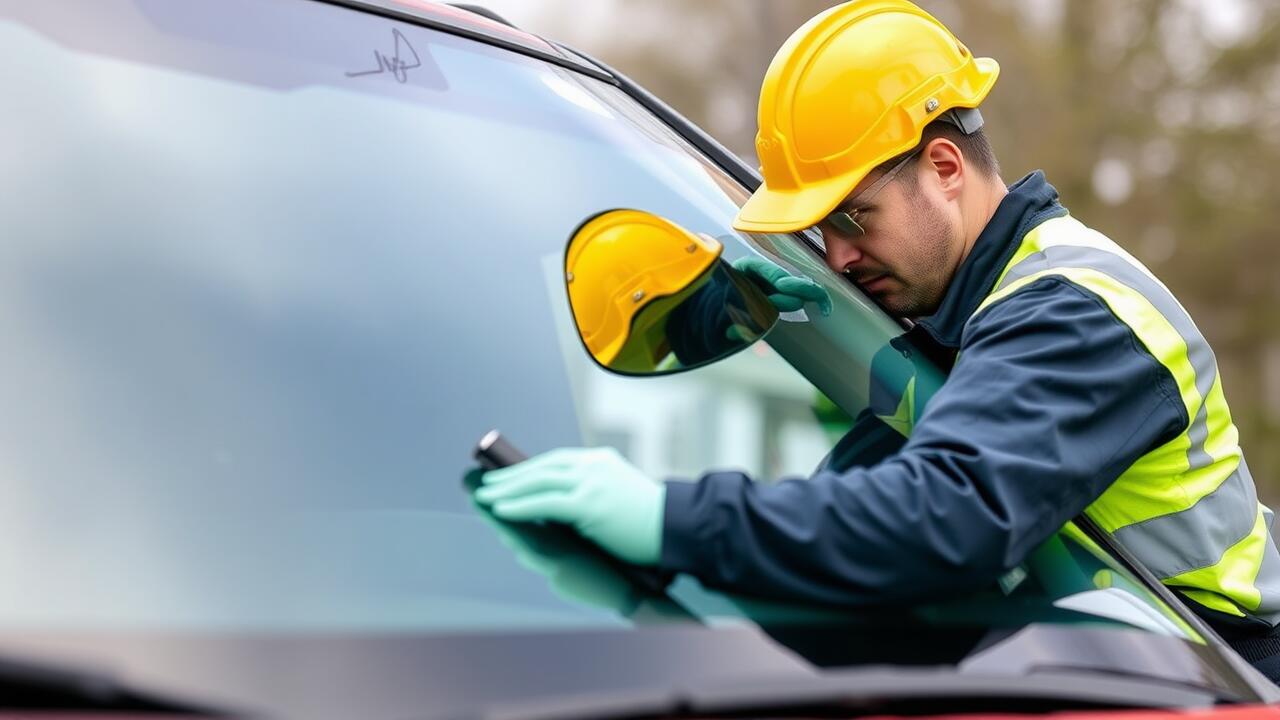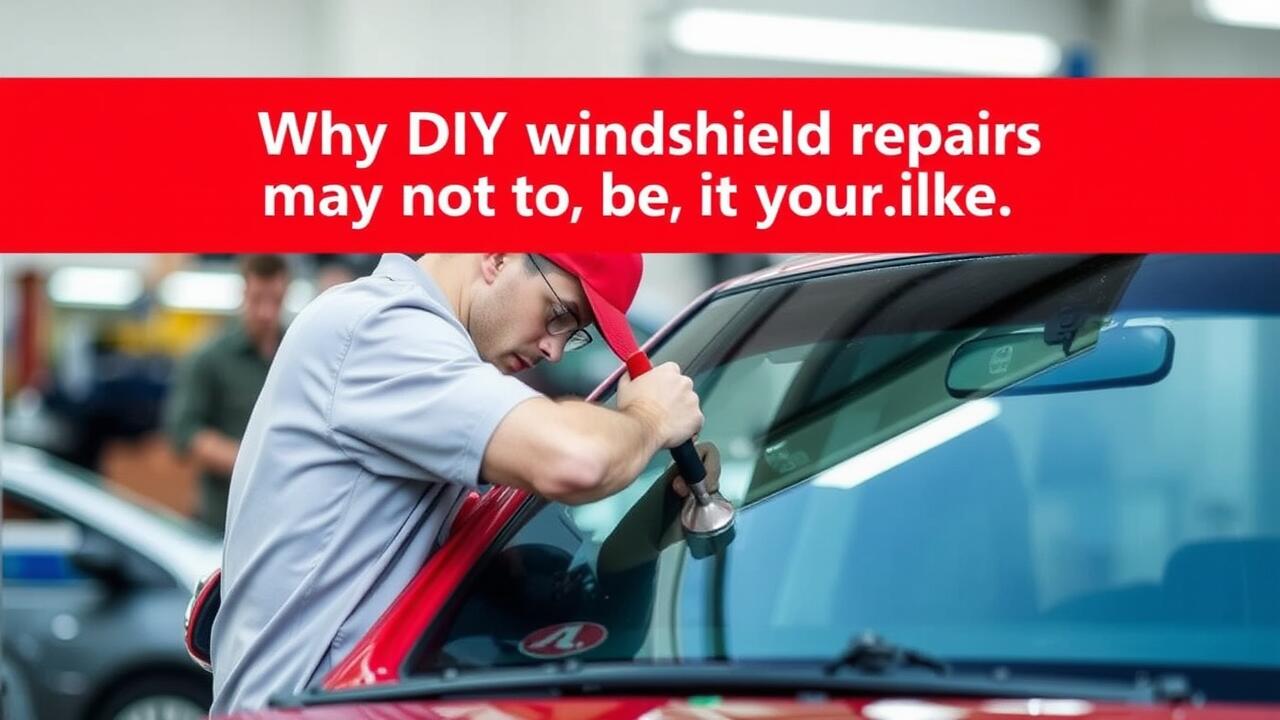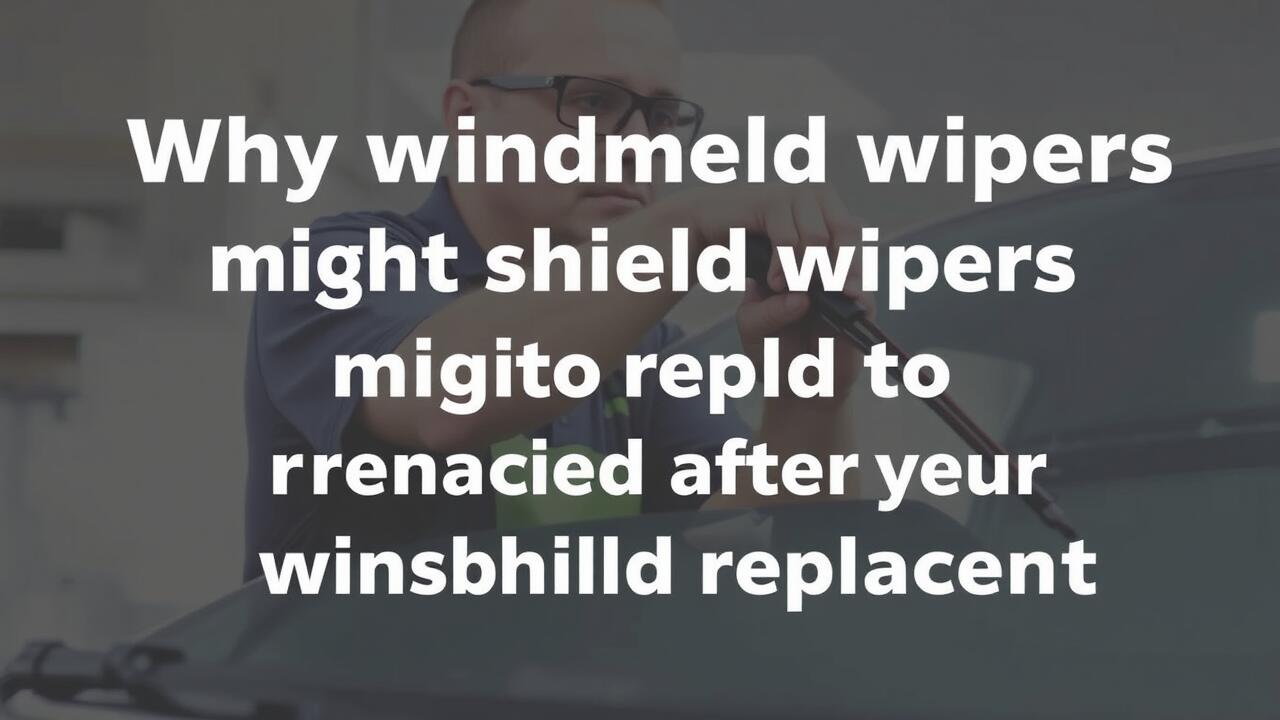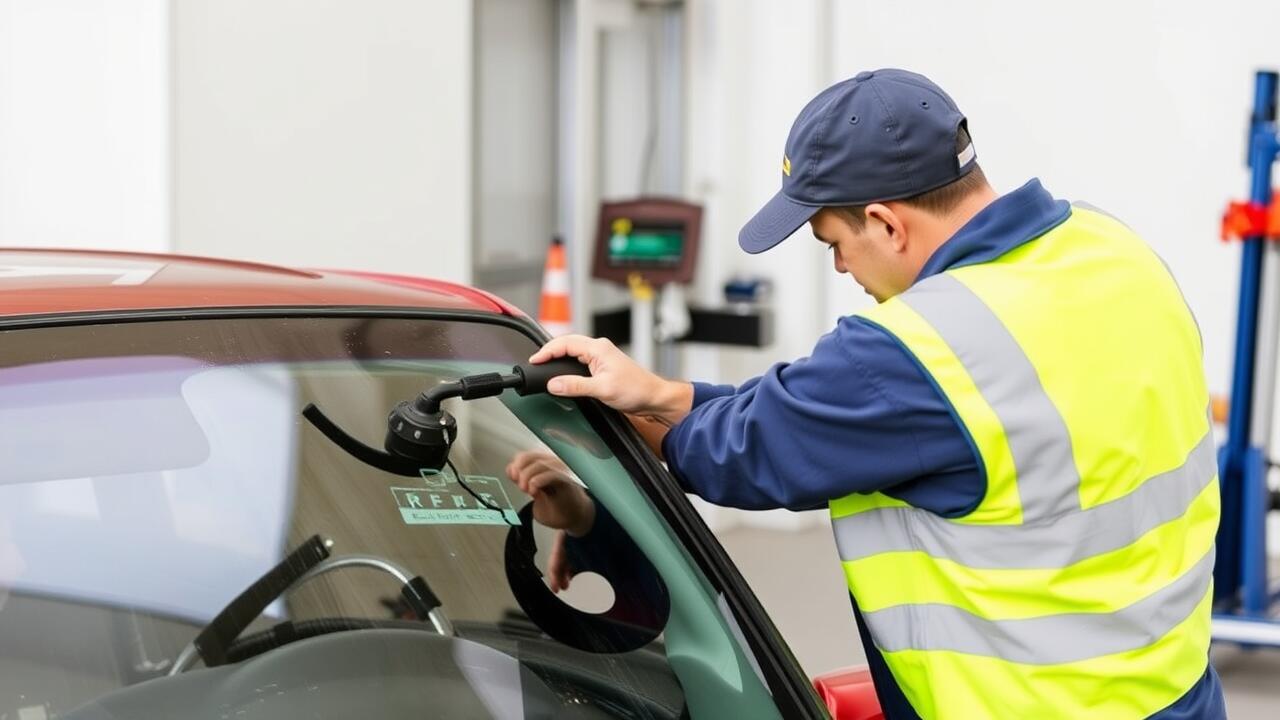
Table Of Contents
The Impact on Insurance Claims
When it comes to windshield replacement, using OEM glass can significantly influence insurance claims. Many insurance policies specify the type of glass that should be used in repair or replacement. OEM windshields not only meet these specific requirements but also ensure compliance with manufacturer standards. This adherence can streamline the claims process, making it less likely for insurers to dispute the quality or suitability of the glass installed.
In addition to expediting claims, choosing OEM glass for windshield replacement can also prevent potential issues down the road. Insurers tend to recognize the long-term benefits of OEM products, which can lead to fewer claims disputes. This overall reliability can enhance your standing with your insurance provider. Failing to use OEM glass may result in complications that could affect your coverage and subsequent claims, leading to unexpected out-of-pocket expenses.
How Using OEM Glass Affects Coverage and Claims
Insurance policies often specify the type of materials covered for repairs and replacements. When it comes to windshield replacement, using OEM (Original Equipment Manufacturer) glass typically aligns with these policy requirements more effectively than aftermarket options. Insurers may prefer OEM parts because they meet the manufacturer’s specifications, ensuring safety standards are upheld. This alignment can streamline the claims process, reducing the possibility of disputes regarding coverage.
In addition to coverage compliance, the use of OEM glass can influence the settlement value of claims. If a vehicle is fitted with non-OEM parts, insurers might argue that it does not maintain the same level of quality or safety as it would with original components. This situation can lead to lower compensation amounts, impacting the policyholder's financial recovery from the incident. As such, choosing OEM glass for windshield replacement not only adheres to insurance guidelines but also enhances the overall value of the claim.
The Resale Value of Your Vehicle
When it comes to maintaining the value of your vehicle, the type of glass installed during a windshield replacement can play a significant role. OEM glass not only ensures that the specifications match the original factory standards but also appeals to potential buyers. Many consumers are aware of the differences between OEM and aftermarket products. An OEM windshield replacement demonstrates a commitment to quality, which can help in preserving the market value of the vehicle.
Potential buyers often perform extensive research before making a purchase. They consider the history of repairs and the quality of parts used. Vehicles with OEM glass show that the owner prioritized the integrity and safety of their vehicle. This attention to detail can lead to higher resale prices, making it an economical choice over time. Investing in OEM glass for windshield replacement can enhance both buyer confidence and overall vehicle appeal in the marketplace.
How OEM Windshields Influence Market Value
Using OEM windshields for replacement can significantly enhance the overall market value of a vehicle. Many buyers look for assurance that repairs were performed with high-quality, original parts. An OEM windshield provides that assurance, signaling to potential purchasers that the vehicle has been well-maintained. This preference for original components can translate into a higher resale price.
Additionally, the presence of OEM glass can influence buyer perception in terms of safety and durability. Vehicles equipped with OEM windshields are often viewed as less likely to suffer from issues such as leaks or improper sealing. This reputation for reliability can be a crucial selling point, making OEM glass a valuable investment in windshield replacement for anyone considering their vehicle's future resale potential.
Professional Installation Benefits
Choosing professional installation for your windshield replacement ensures that the job is completed to industry standards. Technicians trained specifically in handling OEM glass possess the expertise to align the windshield correctly, which is critical for both safety and aesthetics. Proper installation minimizes the risk of leaks or misalignment, which can lead to further complications down the line. Quality workmanship reinforces the integrity of the entire vehicle structure, making it imperative to consider who is performing the installation.
Using OEM glass in a professional installation enhances overall vehicle performance. OEM products are designed to exact specifications, guaranteeing a proper fit that aftermarket options often cannot provide. This tailored fit helps maintain optimal visibility and ensures that the replacement does not compromise the vehicle's safety features. A professional installation combined with OEM glass delivers peace of mind, knowing that your windshield replacement meets the highest standards expected in the automotive industry.
Ensuring Proper Fit and Performance With OEM Glass
Choosing OEM glass for windshield replacement ensures that the replacement piece matches the original specifications of your vehicle. This consistency in fit is crucial, as an improperly installed windshield can lead to issues such as leaks, decreased structural integrity, and impaired visibility. OEM products are designed to work seamlessly with the car’s existing components, preserving the vehicle's original performance standards.
In addition to fit, OEM windshields are manufactured with the same materials and technologies used in the original production. This consistency guarantees that the glass performs as expected in terms of safety and durability. Unlike aftermarket options, OEM glass is tested to meet strict industry standards, which can enhance both driver and passenger security in the event of a collision. With proper installation and material quality, OEM windshields contribute significantly to the overall performance of the vehicle.
FAQS
What does OEM glass mean?
OEM stands for Original Equipment Manufacturer, meaning the glass is made by the same manufacturer that produced the original windshield for your vehicle.
Why is using OEM glass important for insurance claims?
Using OEM glass can help ensure that your insurance claims are processed smoothly, as many insurance policies require or recommend the use of OEM parts to maintain coverage integrity.
Can using aftermarket glass affect my vehicle's resale value?
Yes, using aftermarket glass can potentially lower your vehicle's resale value, as buyers often prefer vehicles with OEM parts due to their quality and compatibility.
What are the benefits of professional installation when using OEM glass?
Professional installation ensures that the OEM glass fits properly, providing better performance and safety, reducing the risk of leaks or issues that may arise from incorrect installation.
How can I find a trustworthy installer for OEM windshield replacement?
Look for certified auto glass specialists or authorized dealerships that have experience with your vehicle make and model for reliable OEM windshield replacement services.
